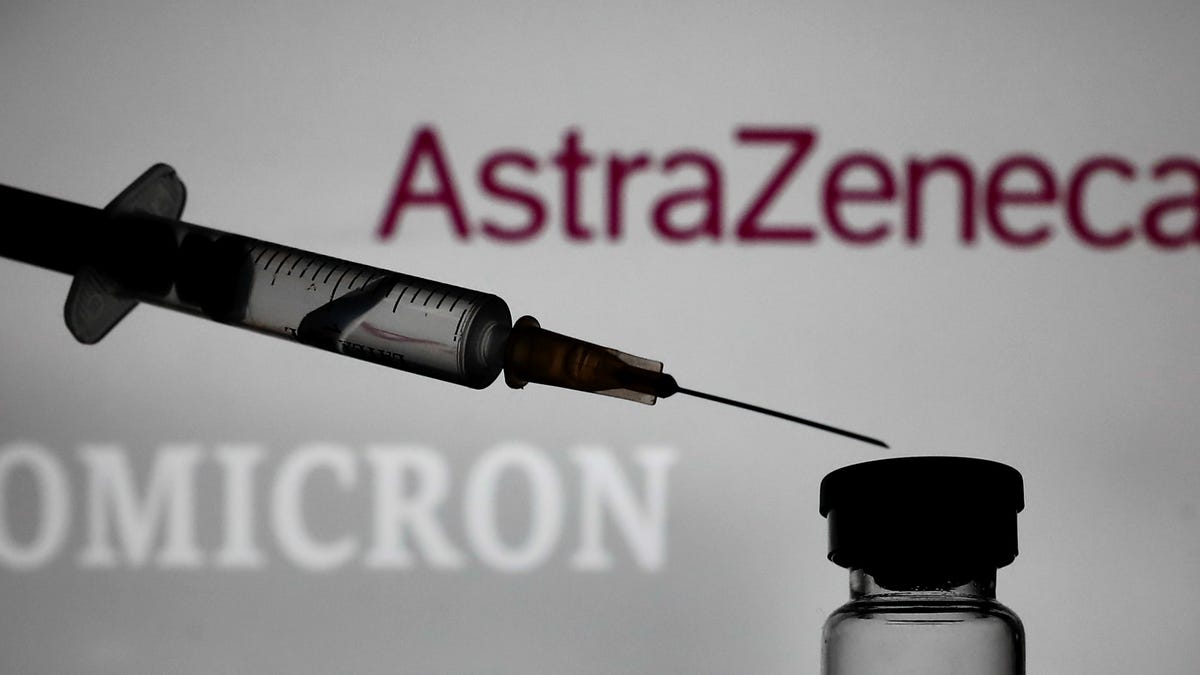FDA authorizes AstraZeneca COVID prevention drug for immunocompromised people
People with compromised immune systems aren't as protected by the coronavirus vaccines.

On Wednesday, the US Food and Drug Administration gave emergency use authorization to a monoclonal antibody drug made by AstraZeneca that helps prevent COVID-19 in people who have compromised immune systems or those who have a history of a severe allergic reaction to the coronavirus vaccines.
The drug, called Evusheld, is given via two injections to eligible people age 12 and up who aren't sick with COVID-19 and who haven't been recently exposed to the virus. According to the FDA, it may be effective for six months. Other COVID-19 treatments, like the monoclonal antibodies made by Regeneron and Eli Lilly, are authorized for people at high risk of severe disease after they test positive for COVID-19 or have a confirmed exposure. (Eli Lilly's treatment was authorized last week for children under 12 who are at high risk.)
People with compromised immune systems aren't as protected by the three vaccines available in the US (Moderna, Pfizer and Johnson & Johnson) because their bodies don't mount a sufficient immune response. Examples of people who would qualify for AstraZeneca's drug include organ transplant recipients, people living with advanced or untreated HIV and people taking drugs that suppress the immune system. The US Centers for Disease Control and Prevention recommended an additional dose to most immunocompromised people before boosters were available to the general public.
AstraZeneca said its treatment reduced risk of hospitalization and death by 83%. It isn't clear how the new omicron coronavirus variant will affect Evusheld's effectiveness or the other COVID-19 prevention measures or treatments.
COVID-19 treatment pills made by Merck and Pfizer are expected to be available soon to high-risk adults.

